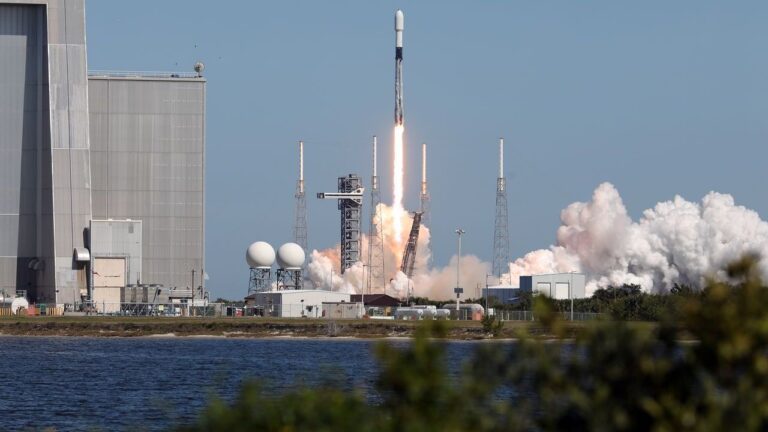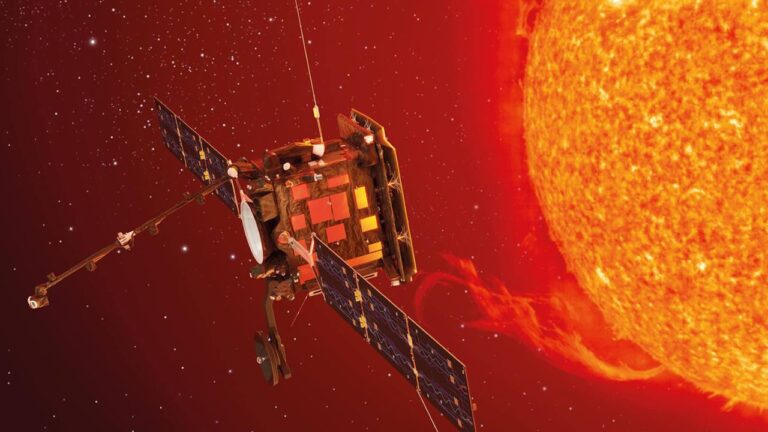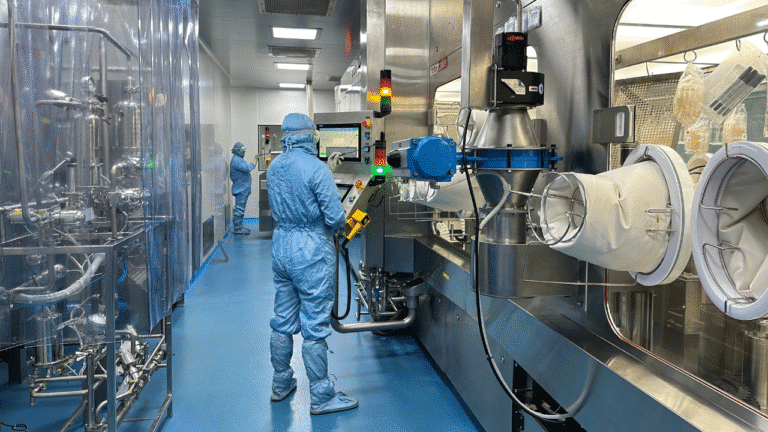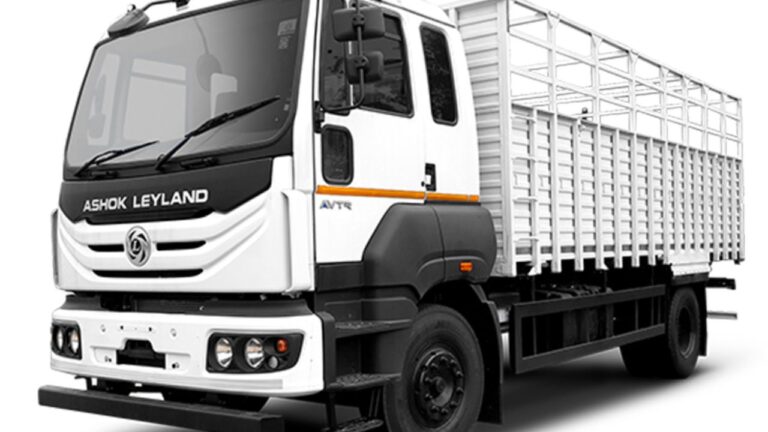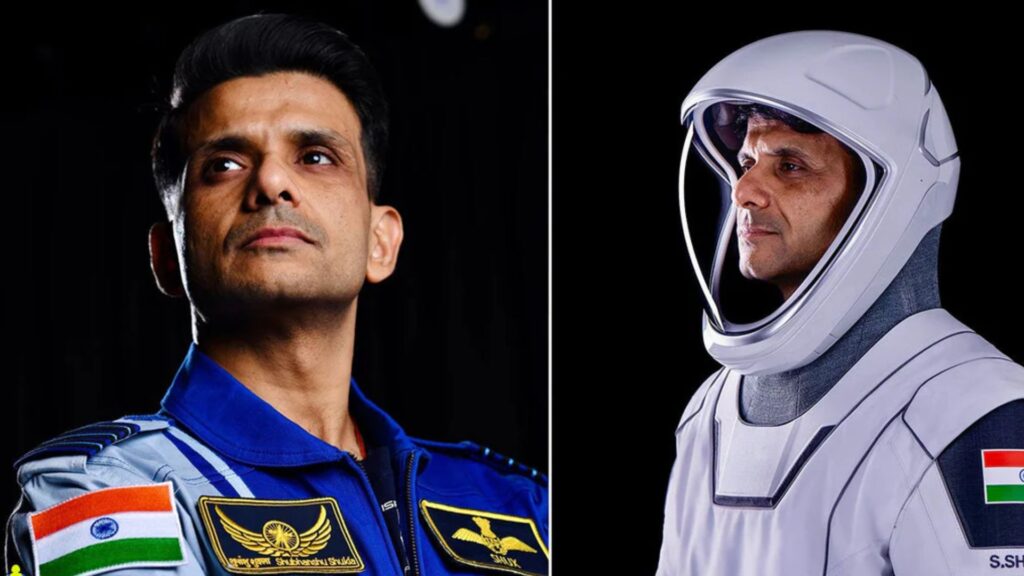
Indian astronaut Shubhanshu Shukla and his crewmates on the Axiom-4 mission have resumed scientific experiments after a brief day of rest, engaging in multiple studies that aim to deepen our understanding of life and health in space and their potential applications on Earth.
On the 10th day of the mission, Shukla participated in a crucial experiment examining how bones behave in microgravity—a study that could help develop improved treatments for osteoporosis and other bone conditions back on Earth. By tracking biological markers tied to bone development, inflammation, and growth, researchers are creating a digital twin—a virtual model that simulates bone behavior during and after spaceflight. According to Axiom Space, this personalized approach could transform astronaut health monitoring and inform future mission planning.
Shukla, a 39-year-old pilot from Lucknow, is the designated mission pilot for the 14-day Axiom-4 mission to the International Space Station (ISS). Leading the crew is seasoned NASA astronaut Peggy Whitson, with Hungarian Tibor Kapu and Polish national Slawosz Uznanski-Wisniewski serving as mission specialists.
As part of ongoing research into life-support systems in space, Shukla also deployed samples for the Space Micro Algae experiment. These microscopic organisms are seen as potential future sources of food, fuel, and oxygen in long-duration space missions. However, scientists must first understand how these algae adapt to microgravity.
The Indian Space Research Organisation (ISRO) reported that Shukla successfully concluded a microgravity study involving tardigrades, resilient microscopic organisms known for surviving extreme conditions. The experiment focused on their survival, reproductive behavior, and adaptability in space. Findings from this study may have practical applications in medical and therapeutic fields on Earth.
Shukla also took part in the myogenesis experiment, which investigates how human muscles regenerate in space. The study could pave the way for new medical interventions aimed at muscle recovery in both astronauts and people on Earth.
In addition to biological and physiological studies, the Axiom-4 crew is conducting daily cognitive performance tests under the Electronic Displays project. These tests help assess how astronauts interact with digital systems in space, with the goal of optimizing software interfaces and ensuring crew efficiency and safety during missions.
Axiom-4’s packed schedule includes around 60 experiments over the two-week mission. On Sunday, the crew is expected to provide an update on their progress in a special interaction with Axiom Space’s Chief Scientist, Dr. Lucie Low.
ISRO also noted that other Indian-led experiments on board—studying the effects of space conditions on specific strains of microalgae and cyanobacteria—are progressing well. These studies aim to support the development of regenerative life-support systems and enhance nutrition for future space travelers.
Shukla, who goes by the call sign “Shux,” continues to represent India’s growing presence in international space exploration, contributing significantly to the scientific goals of the Axiom-4 mission.
